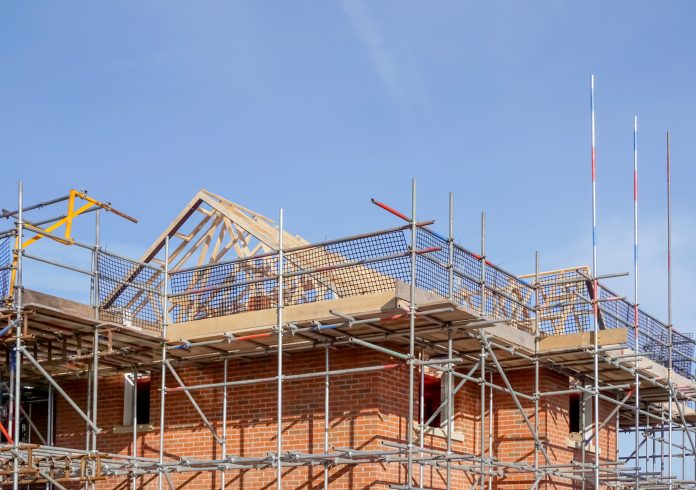András Edelényi from EESC says that the EU must take action when it comes to the housing crisis in Europe
More and more Europeans are worried about not being able to find decent accommodation they can afford. The risks are inadequate housing, financial pressure, housing insecurity, and even homelessness.
Energy poverty and poor housing conditions can affect people’s health and well-being, give rise to unequal living conditions and opportunities and result in healthcare costs, lower productivity and environmental damage.
The European Economic and Social Committee (EESC), the European Union’s (EU) home of organised civil society, has long warned about the housing crisis in Europe.
The shortage of decent and affordable housing is a growing concern for EU citizens, particularly vulnerable groups and young people, and this has several side effects.
The housing crisis in Europe is getting worse
Currently, housing is a major cause of the gradual erosion of economic, social and territorial cohesion. The availability, accessibility, affordability (the three As) and sustainability of decent housing are constantly called into question.
Many households are confronted with excessive housing costs, with housing being their main consumer expenditure item and an excessive burden, to the detriment of other basic needs.
The current housing crisis affects most European countries, particularly young people’s future.
New entrants to the market face waiting lists for social housing and high rents. When they do buy, young people face high prices and are now starting to face more expensive mortgages.
Over the last decade, home ownership in the EU has fallen, driven by a decline in homeownership, mainly among young people.
Access to affordable and decent housing is both a social need and a social right, but the different crises the EU has been facing in the past few years constantly challenge it.
The EU needs a European action plan on housing
Over the years, the Committee has sought to flag up housing issues across the EU and, at the same time, to propose solutions.
In the EESC opinion on Universal access to housing that is decent, sustainable and affordable over the long term, which I drafted with my esteemed colleague Raymond Hencks, we pointed out that European cooperation on housing was key.
More specifically, we urged the EU to adopt a housing strategy and action plan to help Member States, regions, and cities sustainably boost the supply of social and affordable housing and effectively combat homelessness.
This European action plan on housing should include a comprehensive set of measures that are easy for European citizens to understand and that respond to local situations.
Though housing policy remains a national competence, we proposed to fight the shortage of decent and affordable housing in the EU through three pillars.
First, all stakeholders involved in implementing the action plan must meet in an EU summit on affordable housing, held annually and based on an annual report on the state of housing in the EU.
Secondly, universal, rights-based access to high-quality public services, including housing, should be guaranteed. To this end, it is key to enshrine a real universal right to housing, particularly through sector-specific regulation under the ordinary legislative procedure.
Thirdly, it is essential to create a European fund for investment in affordable, decent, and suitable housing, with the aim of creating and maintaining low-cost housing. Financing affordable and sustainable housing is crucial, and falling investment in social and affordable housing should increase again.
This would have the dual benefit of protecting low-income and vulnerable households, mitigating the risk of homelessness and social exclusion, directly increasing housing supply and easing upward pressure on property prices.
The EU should step up its financial contribution to the social, cooperative and public housing sector to achieve the ambitious objective of the Green Deal.
The promise to leave no one and no place behind can only be kept if the supply of housing increases to meet urgent social needs and if Europe’s housing stock is better adapted to the new requirements of quality, affordability, accessibility, and energy efficiency in the face of climate change challenges.
We are happy to have noticed that in March 2024, the European Conference of Housing Ministers endorsed the Liège Declaration. This declaration asks the European Commission to organise an annual EU summit on social and affordable housing in partnership with the European Parliament, the EESC, and the European Committee of the Regions.
But more needs to be done. The housing crisis in Europe is getting worse, especially for vulnerable groups, and the EU must pull together the necessary resources to fight it.











